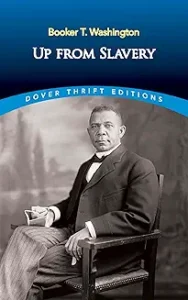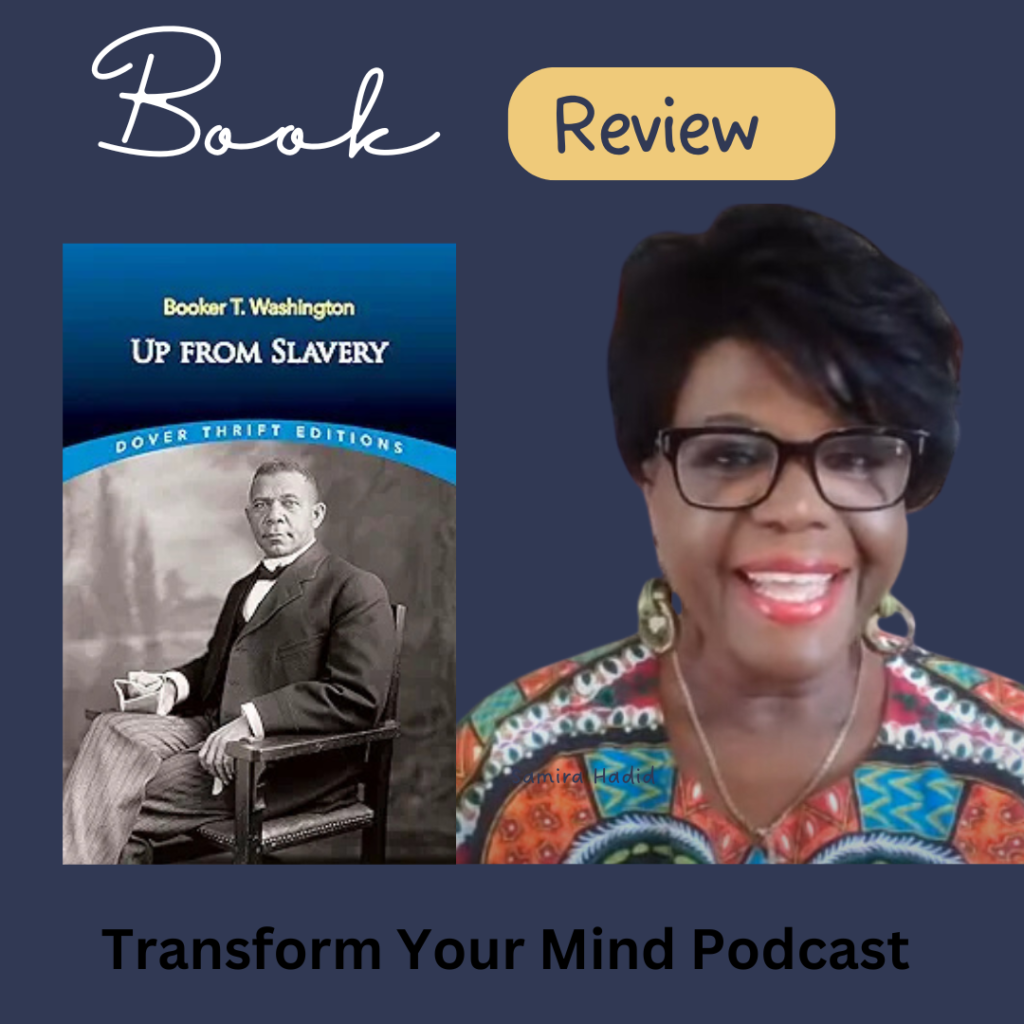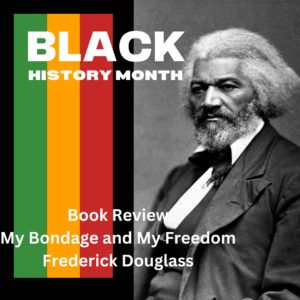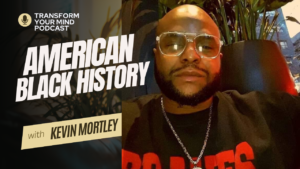Up from Slavery is the powerful autobiography of Booker T. Washington, a man born into slavery who rose to become one of the most influential Black leaders in American history. First published in 1901, this memoir chronicles Washington’s journey from the brutal realities of enslavement to his pivotal role as an educator, orator, and founder of the Tuskegee Institute.
Download the podcast here:
Introduction: Up From Slavery Booker T Washington
Washington’s story begins on a Virginia plantation, where he was born into slavery during the mid-19th century 1856.
Up from Slavery, details life on a plantation from the eyes of a child. He told about being almost naked in summer and winter. Since children did not work they got no clothing allowance. He details Sleeping on rags on a dirt floor and eating with his hands from a trough. The same ones the pigs ate from. Eating the scraps with his fingers. He never knew his father but was told he was a white slave holder.
Following the Emancipation Proclamation, his mother moved to West Virginia to live with his step father who put him to work in the salt mines. He was 9 years old.
He saw kids going to school while he had to work and developed an unshakable desire for education. His mother got him a book and he taught himself the alphabet and learnt to spell.
He then found tutors to teach him at night while continuing to work during the day.
One day he overheard some miners talking about a school for colored people and he decided that he was going to that school. He said it sounded like Heaven.
Booker’s Journey for Education
In Up From Slavery, Booker details how he walked for most of the 500 miles from Malden Virginia to Hampton sleeping under side walks, having no food to eat. When he got to the Hampton Institute he only had 50c for his education. The head teacher looked at him dirty and in rags and was hesitant to enroll him. She decided to give him a test. She asked him to sweep a room. Booker T knew how to clean having worked for a Yankee woman after his employment in the coal mines. He swept the floor 4 times, then went over ever inch of the walls, floor boards and desks 4 times with a cloth. When the teacher checked his work, she couldn’t find a speck of dust. That was his entrance exam. He was enrolled.
She offered him a job as a janitor to help pay for his tuition and boarding.
His experiences at Hampton became the foundation for his deep belief in the value of hard work, discipline, and practical education.

Up From Slavery: Educating the Black Race
One of the defining themes of the book is Washington’s philosophy of racial uplift. He advocated for Black Americans to focus on vocational training and economic self-reliance as a pathway to dignity and respect in a racially segregated society.
He said the negro race looked at labor as bad because as slaves they were treated as brutes. They wanted education so they did not have to do manual labor. This perspective was famously articulated in his 1895 Atlanta Exposition speech, where he encouraged cooperation between Black and white communities. Emphasizing that “in all things purely social, we can be as separate as the fingers, yet one as the hand in all things essential to mutual progress.”
After graduating from the Hampton Institute he was offered a job at the Tuskegee Institute In Alabama. When he arrived there he found the school in a broken down hen house with no amenities. He later was given the opportunity to purchase a plantation that had burnt down. The plantation was 100 acres and the asking price was $500.00. $250 down and $250 on credit. Booker T Washington got a personal loan for the $250 down payment. They were able to pay off the second $250 through fund raising activities at the school.
Working on the theme of the school that all students must have a trade as well as academics, the students became self sufficient. The students built all the buildings on campus, including adding electricity and plumbing, planted crops, learned agriculture, learned how to make bricks, made mattresses and learned every trade. At the time of the writing of the book in 1901, the school had 40 buildings!
The school became a beacon of hope, up from slavery, training generations of Black men and women in skilled trades and agricultural practices.
Key Lessons from Up from Slavery
- Education as Liberation:Washington’s life demonstrates the transformative power of education and the importance of lifelong learning.
- Hard Work and Perseverance: Up from Slavery is a testament to resilience in the face of adversity.
- Practical Self-Reliance: Washington’s emphasis on vocational training highlights the need for Black Americans to gain economic independence and stability.
- Navigating Racial Realities: Up From Slavery underscores Washington’s belief in forging alliances and building bridges, even in a hostile social climate.
Why Up from Slavery Matters for Black History Month
Booker T. Washington’s memoir is more than just a personal story—it’s a testament to the resilience, ingenuity, and strength of Black Americans in the face of unimaginable hardship. His life reminds us of the power of hope, education, and unity in the struggle for justice and equality. As we celebrate Black History Month, Up from Slavery stands as a timeless call to honor the past, uplift one another, and continue striving for progress.
This Black History Month, let Washington’s journey inspire us all to “cast down our buckets where we are” and build a better future together.
Additional Resources
The Benefits of Vocational Training: Unlocking Opportunities for Success









